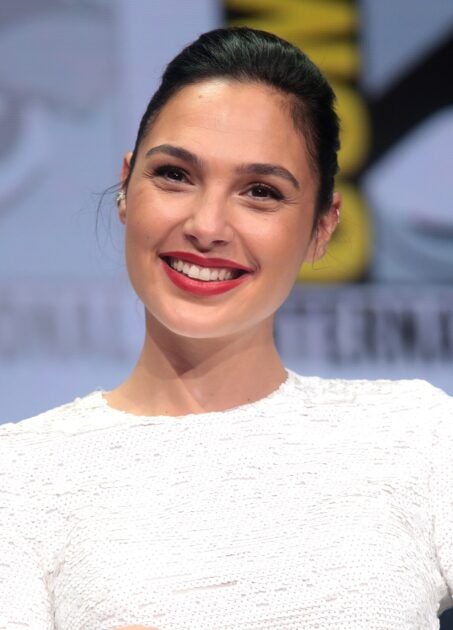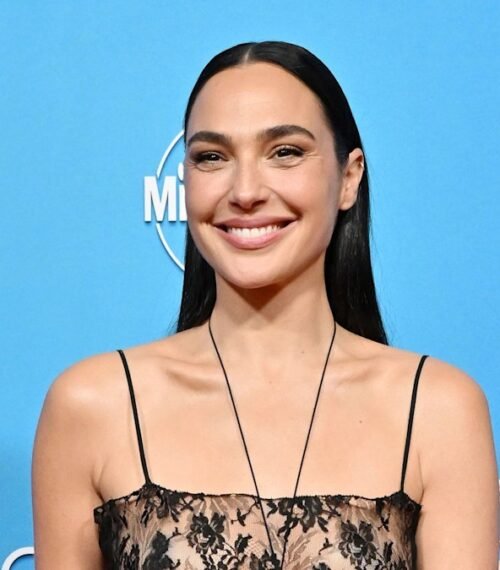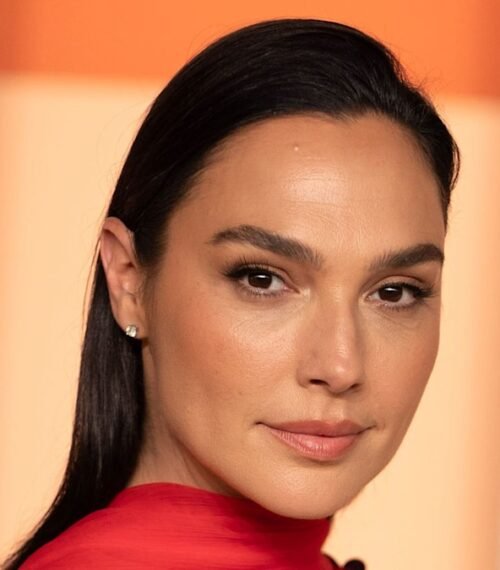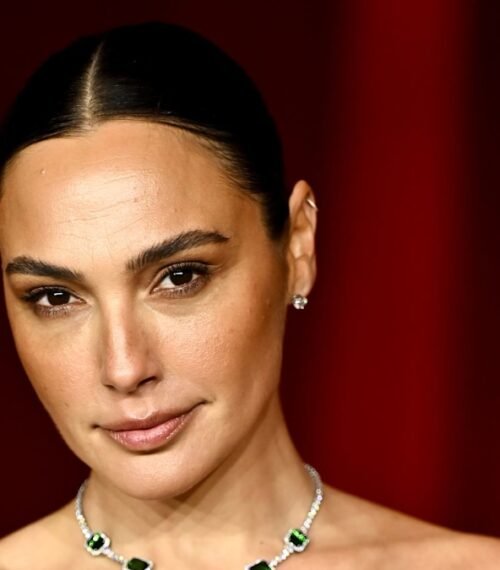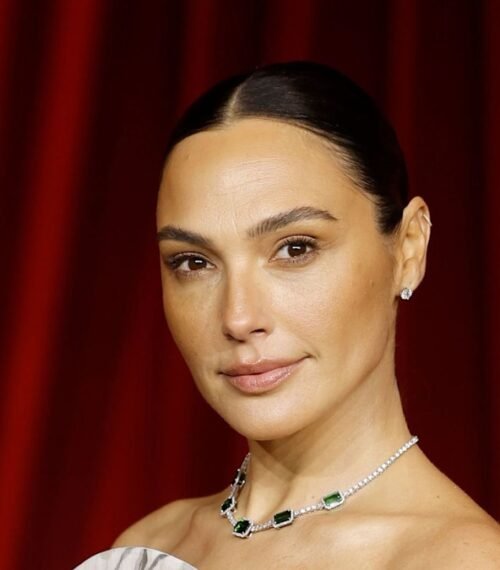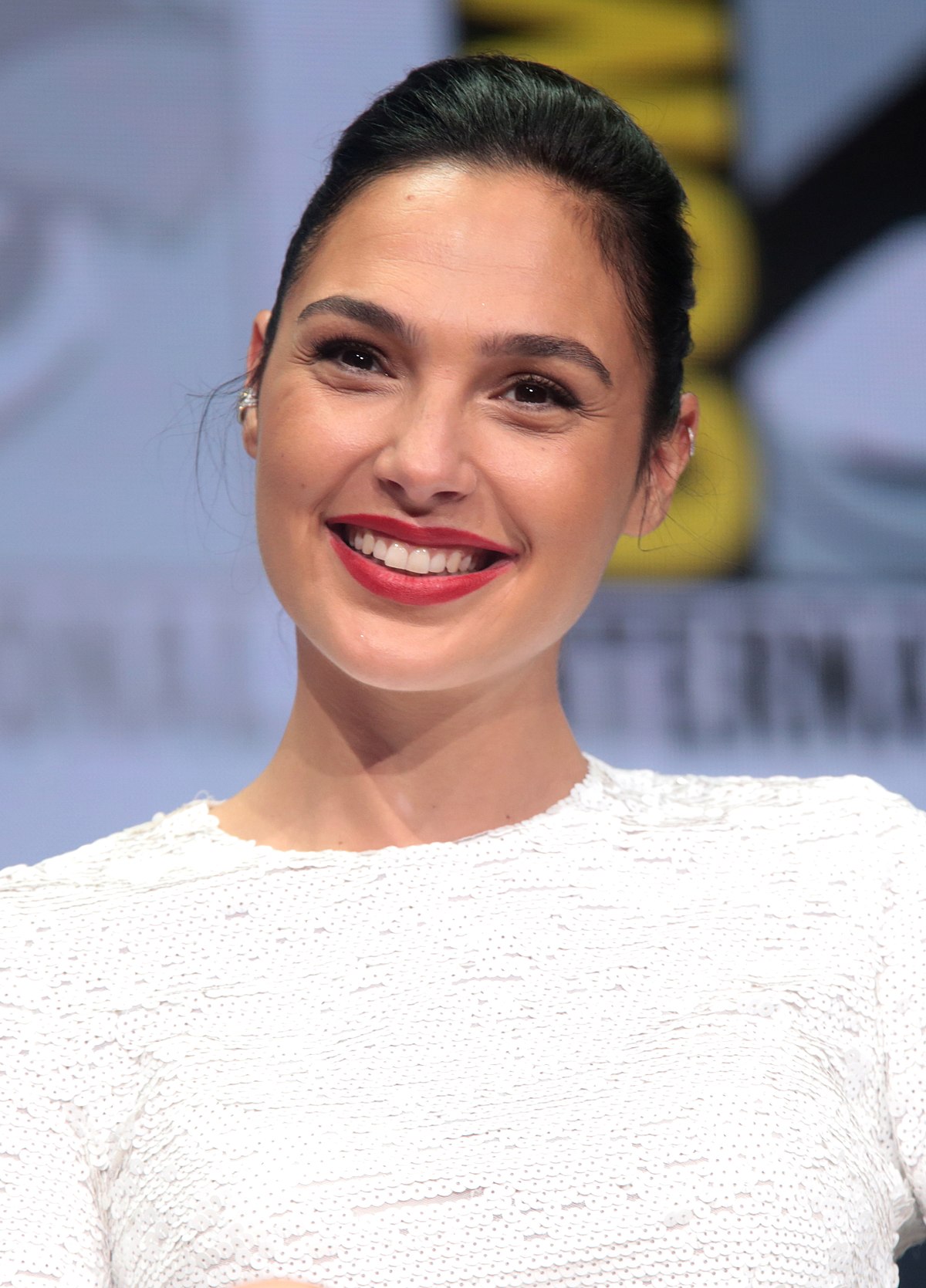
When Wonder Woman premiered in 2017, it was hailed as a breakthrough moment for the DC Extended Universe (DCEU). While earlier entries like Man of Steel and Batman v Superman struggled to win over audiences, Wonder Woman was a breath of fresh air—delivering heart, action, and a compelling lead performance by Gal Gadot. It became both a critical and commercial triumph, earning over $820 million at the global box office and a stellar 93% rating on Rotten Tomatoes.
But lightning didn’t strike twice. The 2020 sequel, Wonder Woman 1984, released during the height of the COVID-19 pandemic, was met with lukewarm reviews and underwhelming box office returns. Combined with the growing fatigue surrounding the DCEU’s increasingly fragmented storylines, the sequel’s poor performance cast serious doubt on the future of a third installment.
From Blockbuster Hero to Franchise Casualty
In many ways, Wonder Woman 1984 had all the ingredients for another hit—but the execution faltered. The film was criticized for its bloated runtime, inconsistent tone, and underdeveloped antagonist, Maxwell Lord. Perhaps the most controversial decision was the return of Chris Pine’s Steve Trevor, whose consciousness was placed into another man’s body—raising serious ethical questions that overshadowed the intended emotional impact.
Despite some initial optimism, the film grossed only $169.6 million on a $200 million budget. That setback, coupled with the struggles of other DCEU projects like Black Adam and The Flash, created a domino effect that led to the eventual dismantling of the shared universe.
A New DC Universe, A Different Direction
By the end of 2022, it became clear that Warner Bros. was steering the DC ship in a radically new direction. James Gunn and Peter Safran were tapped to reboot the universe with an entirely fresh vision. This new chapter would begin with Superman (2025), introducing new actors as the iconic characters and cutting ties with the past—including Gal Gadot’s Wonder Woman.
Although there was brief hope when Gadot revealed she had been in talks with Gunn and Safran about developing Wonder Woman 3, those discussions never materialized into anything substantial. Director Patty Jenkins, who helmed the first two films, confirmed she had submitted a treatment for the third entry but ultimately stepped away after creative differences with the new DC leadership.
With Jenkins out and the rest of the Justice League actors officially recast or released from their roles, any version of Wonder Woman 3 as fans once envisioned is effectively dead.
What’s Next for the Amazon Warrior?
While Wonder Woman 3 is no longer in development, that doesn’t mean the character is being shelved altogether. One of the cornerstone projects in the new DC Universe is Paradise Lost, a series set on Themyscira, the mythical homeland of the Amazons. According to James Gunn, the HBO Max series will be a politically charged, high-stakes origin story—likened to Game of Thrones in its tone and complexity.
The series is expected to explore the Amazonian culture long before Diana’s birth, setting the stage for Wonder Woman’s eventual arrival in this new cinematic timeline. While no casting announcements have been made, speculation has already begun, especially after actress Eiza González engaged with a Wonder Woman post by Gunn on social media—though nothing has been confirmed.
This prequel approach allows the DC Universe to slowly reintroduce Wonder Woman in a way that feels fresh, disconnected from the narrative baggage of the DCEU. It also creates a new entry point for a different actress to eventually take up the mantle of Diana Prince without conflicting with the legacy of Gal Gadot’s portrayal.
A Legacy That Endures
Though Gal Gadot’s time as Wonder Woman has come to an end, her impact on the character’s legacy is undeniable. Her portrayal brought grace, strength, and sincerity to a superhero often underserved by mainstream media. The success of Wonder Woman (2017) helped pave the way for more female-led blockbusters and remains a high point in DC’s cinematic history.
Even though fans won’t get the closure of a third installment, there’s still reason to be excited about Wonder Woman’s future. Gunn’s commitment to reintroducing the character—and her world—suggests that the Amazonian warrior remains a priority for the new DC Universe. The road ahead may look different, but Wonder Woman’s story is far from over.
As the DCU enters its next phase with Superman in 2025 and other high-profile projects like The Brave and the Bold, all eyes will be on how and when Wonder Woman returns. It won’t be the sequel fans once hoped for, but it could be the beginning of something even more powerful.











































































































